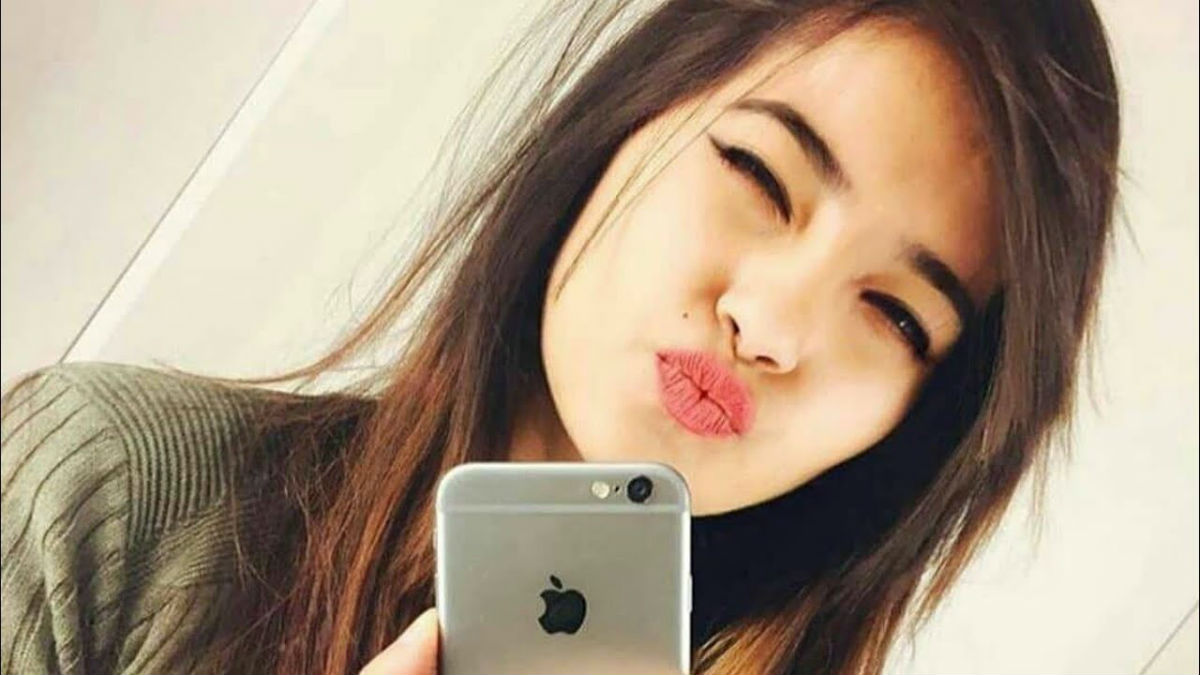
Introducing Snapchat Dysmorphia
Selfies can be psychologically damaging for some people
The selfie fad is leading to a new psychological disorder, Snapchat Dysmorphia, according to an article in JAMA Facial Plastic Surgery. Cosmetic surgeons have noticed a trend for patients to request surgery which will make them look more like selfies they have “corrected” with apps. In 2015 42% of surgeons reported that some patients had requested this; in 2017, 55%. The authors, from Boston University School of Medicine, write:
Previously, patients would bring images of celebrities to their consultations to emulate their attractive features. A new phenomenon, dubbed “Snapchat dysmorphia,” has patients seeking out cosmetic surgery to look like filtered versions of themselves instead, with fuller lips, bigger eyes, or a thinner nose. This is an alarming trend because those filtered selfies often present an unattainable look and are blurring the line of reality and fantasy for these patients.
They suggest that the appropriate course of action is not surgery but psychological interventions, such as cognitive behavioural therapy, together with medication.
Selfies can be damaging for some people, they suggest. “The pervasiveness of these filtered images can take a toll on one’s self esteem, make one feel inadequate for not looking a certain way in the real world, and may even act as a trigger and lead to body dysmorphic disorder).”
The authors point out that selfies confuse people about reality. Their self-esteem is based upon what they see in photographs. “These apps are making us lose touch with reality because we expect to look perfectly primped and filtered in real life as well. Filtered selfies especially can have harmful effects on adolescents or those with [body dysmorphic disorder] because these groups may more severely internalize this beauty standard.”
Creative commons
https://www.bioedge.org/images/2008images/FB_selfies_232.jpg
selfies
snapchat dysmorphia
- How long can you put off seeing the doctor because of lockdowns? - December 3, 2021
- House of Lords debates assisted suicide—again - October 28, 2021
- Spanish government tries to restrict conscientious objection - October 28, 2021
